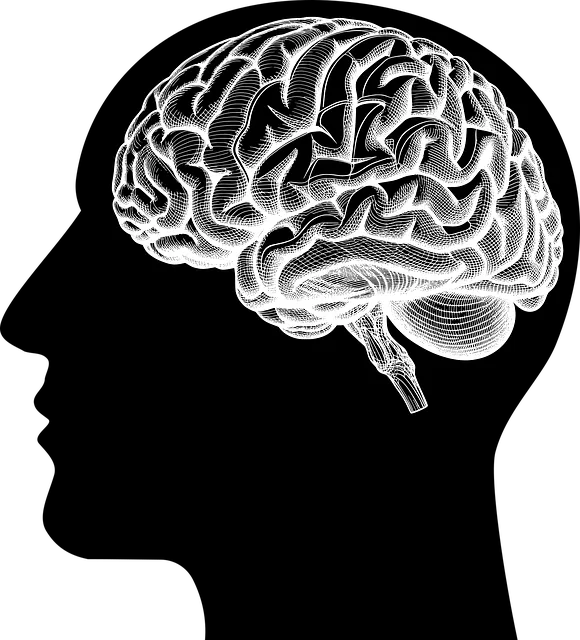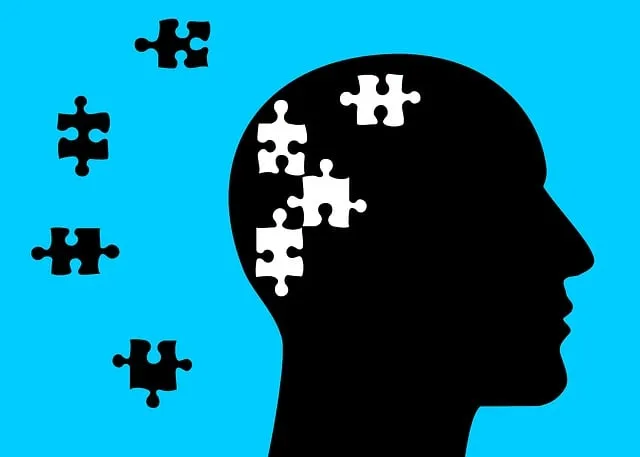Kaiser Littleton offers holistic mental health services for diverse needs. A top-rated app should integrate mood tracking, mindfulness, and access to professional resources like Kaiser's programs. Key design elements include user-friendly interfaces, gamification, data encryption, self-care tools, cultural sensitivity training, peer support, virtual therapy, evidence-based therapies like CBT, and robust privacy measures. User Experience (UX) Design focuses on accessibility, interaction, and anonymity for a supportive digital journey mirroring professional care, accessible through Kaiser Littleton's digital platforms.
Uncovering innovative solutions for mental wellness, this article explores the development of impactful mobile apps. With a focus on Kaiser Littleton’s mental health services as a benchmark, we delve into the process of creating effective digital tools. From identifying core features and integrating evidence-based practices to prioritizing user experience and security, each step is crucial in fostering accessible mental health support. Discover how these elements come together to provide users with efficient and safe resources for enhancing their well-being, including practical insights on accessing Kaiser Littleton’s services through digital means.
- Understanding Kaiser Littleton's Mental Health Services
- Identifying Key Features for Effective App Development
- Integrating Evidence-Based Therapies and Tools
- Ensuring Privacy and Security in Mental Wellness Apps
- User Experience Design for Engaging Mental Health Support
Understanding Kaiser Littleton's Mental Health Services

Kaiser Littleton offers a comprehensive array of mental health services designed to support individuals through various aspects of their wellness journey. Understanding these services is crucial for those seeking guidance and care. The healthcare provider caters to diverse needs, from stress management and anxiety relief to more severe mental health conditions. Their approach emphasizes holistic well-being, integrating physical, emotional, and psychological aspects.
Through counseling sessions, therapy groups, and personalized programs, Kaiser Littleton helps users develop effective coping strategies for improving mood management and cultivating positive thinking. These services are accessible through various channels, making it easier for folks to get the help they need. Whether it’s overcoming daily challenges or managing long-term mental health concerns, their dedicated team ensures a supportive environment fostering confidence-boosting experiences.
Identifying Key Features for Effective App Development

When developing a mental wellness app, identifying key features that cater to users’ diverse needs is essential for its effectiveness. Incorporating components like personalized mood tracking, mindfulness exercises, and access to mental health resources can significantly enhance user engagement and outcomes. For instance, integrating Kaiser Littleton’s mental health services within the app allows users to connect with professionals, schedule appointments, and receive tailored support, all within a convenient digital platform.
Additionally, design elements such as intuitive interfaces, gamification features for motivation, and secure data encryption are crucial. The app should also include features that promote self-care, like burnout prevention tools and mental health education programs, while fostering connections between users and healthcare providers through peer support forums or virtual therapy sessions. Ensuring cultural competency training for all aspects of the app’s development further enhances its inclusivity and effectiveness in serving a broad user base.
Integrating Evidence-Based Therapies and Tools

Integrating evidence-based therapies and tools is a cornerstone in developing effective mental wellness apps. To ensure their efficacy, these platforms should incorporate techniques backed by scientific research, such as cognitive behavioral therapy (CBT), mindfulness practices, and relaxation strategies. By adhering to guidelines from reputable sources like Kaiser Littleton, developers can offer users access to quality mental health services. This approach leverages the convenience of digital tools while delivering evidence-based solutions tailored for specific needs, including stress management.
Cultural sensitivity in mental healthcare practice is also vital. App designers must consider diverse user backgrounds and ensure that the content and delivery methods resonate with different cultural perspectives. Incorporating features that acknowledge and respect individual differences fosters inclusivity and encourages users from various communities to engage with these services. This inclusive design promotes better mental wellness outcomes by addressing unique challenges within specific populations, be it managing stress or accessing culturally relevant support systems.
Ensuring Privacy and Security in Mental Wellness Apps

Privacy and security are paramount when developing mental wellness apps, especially when integrating services like those offered by Kaiser Littleton. Users share deeply personal information about their mental health journeys, so it’s crucial to have robust data protection measures in place. This includes end-to-end encryption for all communications, secure storage of user data, and clear, transparent privacy policies that outline how information is collected, used, and shared.
App developers should also adhere to industry standards for security protocols and regularly conduct security audits to identify and patch vulnerabilities. By prioritizing user privacy, mental wellness apps can foster trust, ensuring individuals feel safe seeking essential services like those provided by Kaiser Littleton’s programs, such as Compassion Cultivation Practices, Mood Management, and Coping Skills Development.
User Experience Design for Engaging Mental Health Support

Creating an engaging mental health support app requires a user-centric approach, especially when addressing an issue as sensitive as mental illness. User Experience (UX) Design plays a pivotal role in making these digital services accessible and appealing to users seeking help, such as those reaching out through Kaiser Littleton’s platform. The key lies in fostering a sense of comfort and non-judgmental space, mirroring the empathy that mental health professionals offer in real life.
Design strategies can include intuitive navigation, ensuring users effortlessly find relevant resources and tools tailored to their needs. Incorporating interactive elements, like personalized mood trackers or guided meditation sessions, can enhance user engagement. Moreover, Mental Illness Stigma Reduction Efforts can be subtly integrated through anonymous sharing options and inclusive language, fostering a supportive community and encouraging open conversations about mental wellness. By prioritizing these empathy-building strategies, the app becomes more than just a tool—it transforms into a companion on the journey to better mental health.
Mental wellness app development is a powerful tool to enhance access to care, especially when leveraging evidence-based therapies and integrating with trusted services like Kaiser Littleton’s Mental Health Services. By prioritizing user experience design and ensuring robust privacy and security measures, these apps can provide engaging mental health support. For those seeking how to get mental health services through Kaiser Littleton, digital solutions offer a convenient and potentially life-saving option. Remember that effective app development focuses on key features, secure data handling, and accessible design to cater to diverse user needs.






